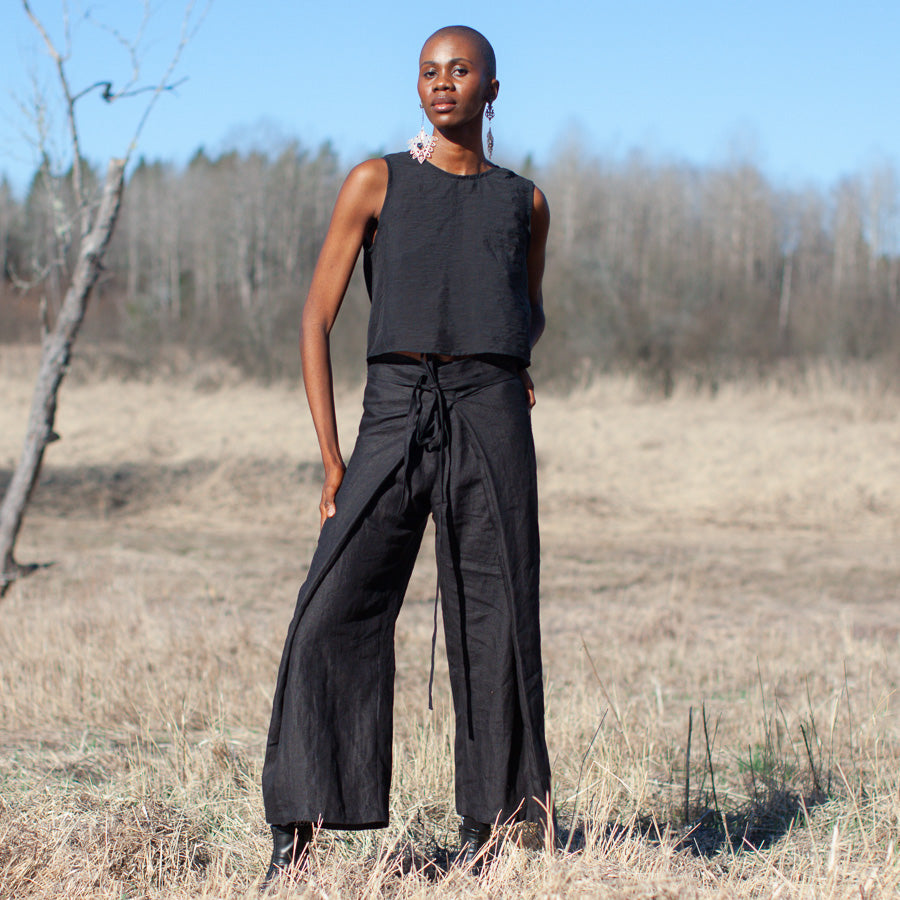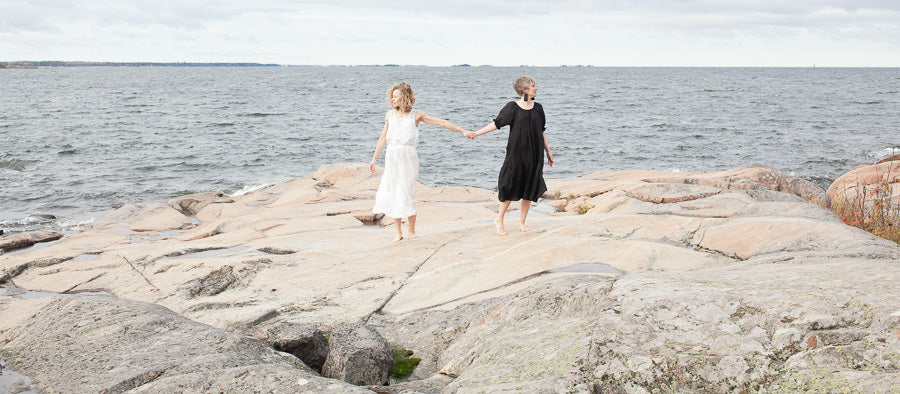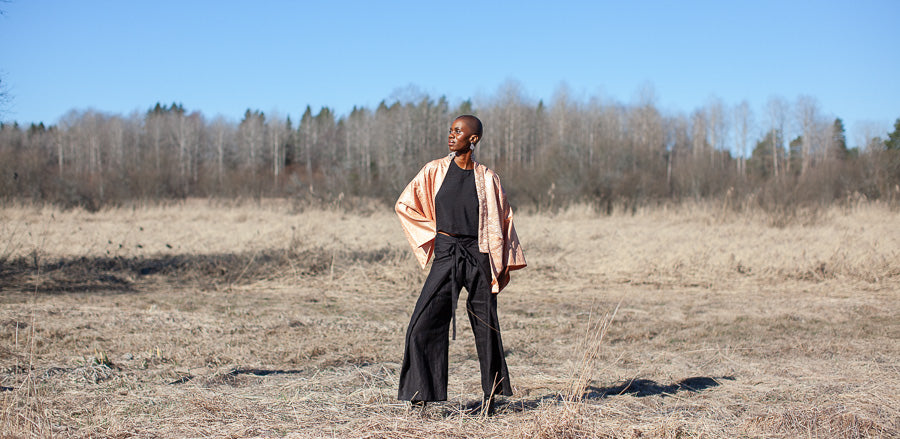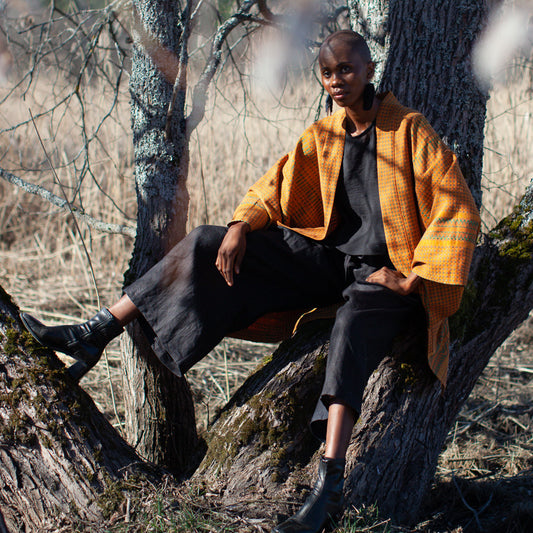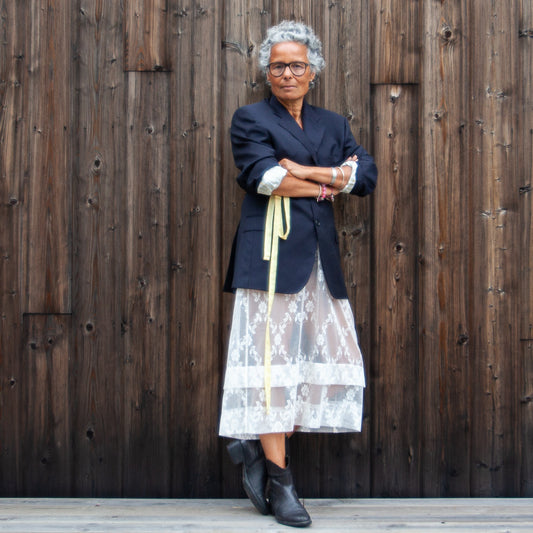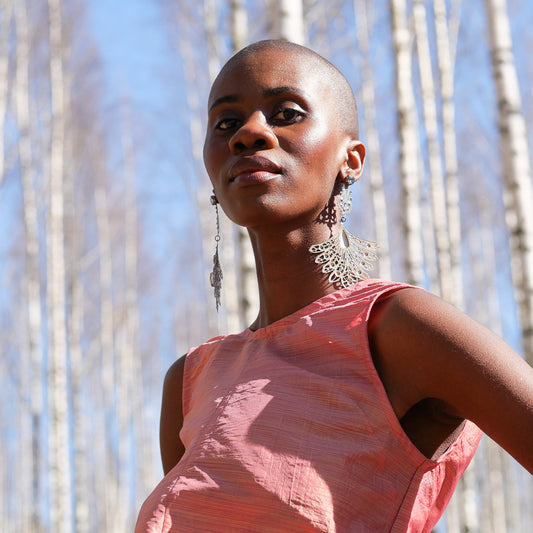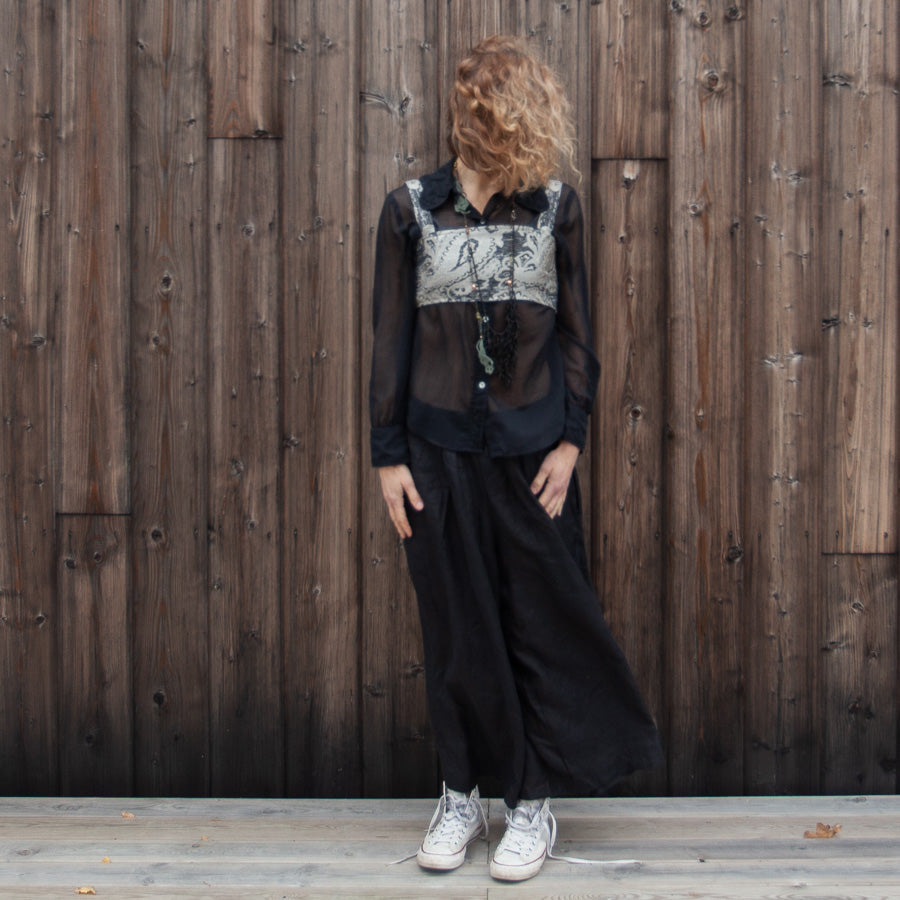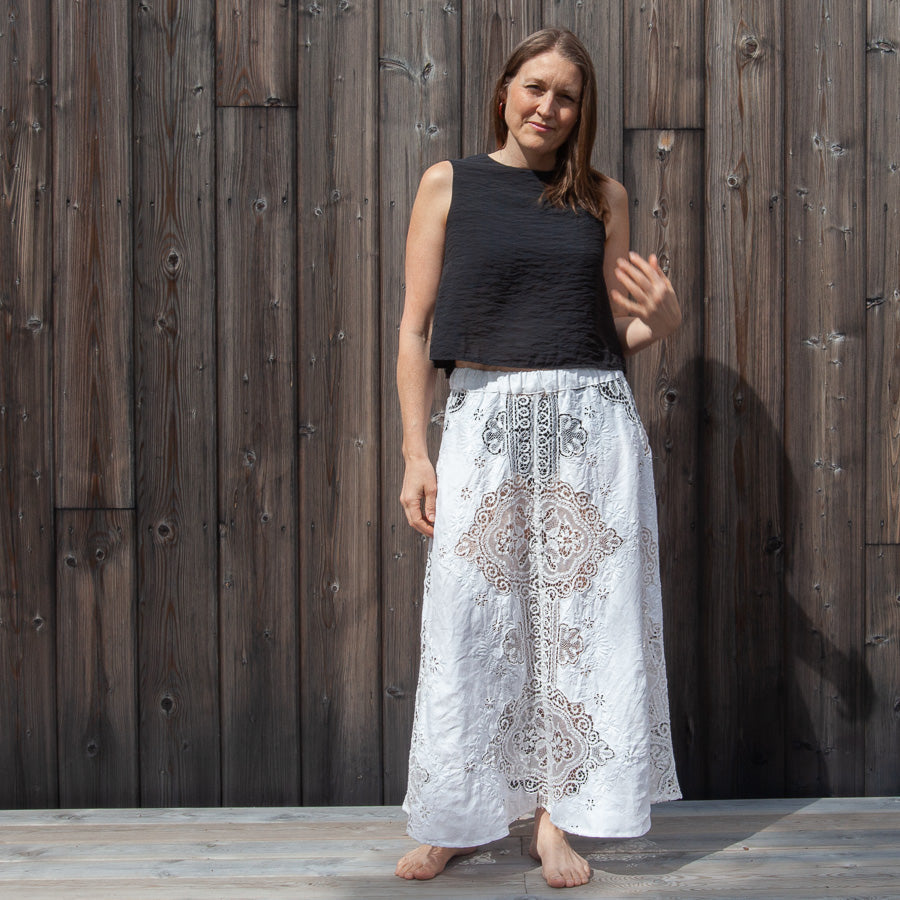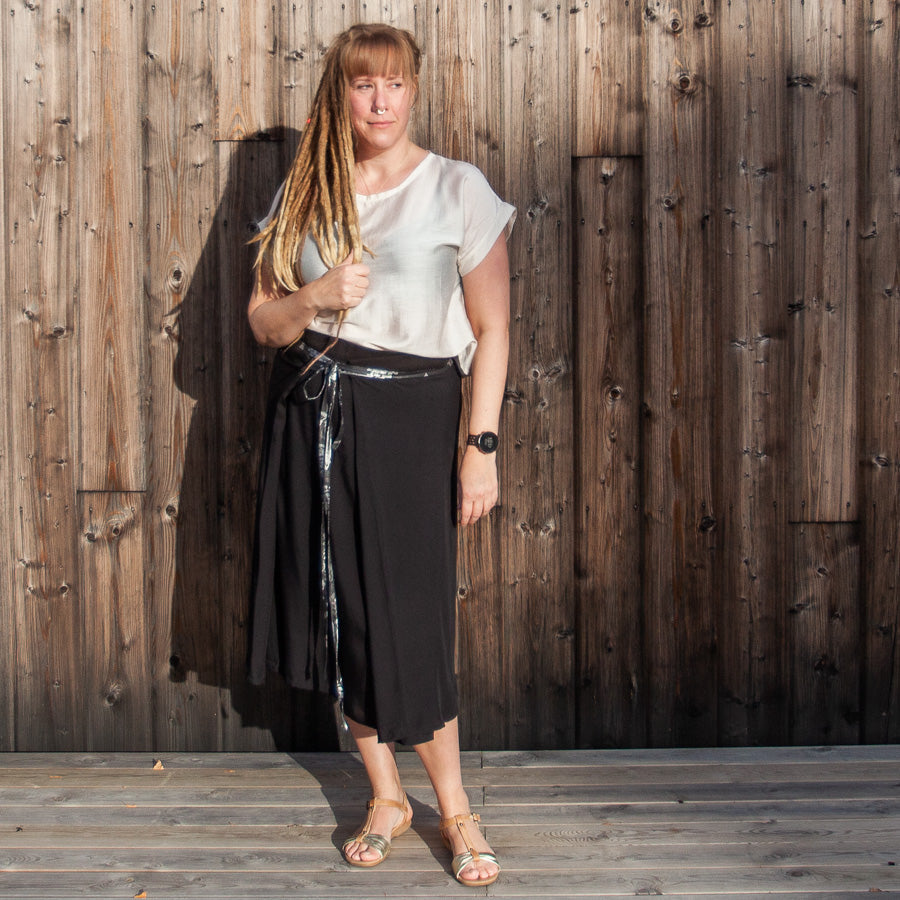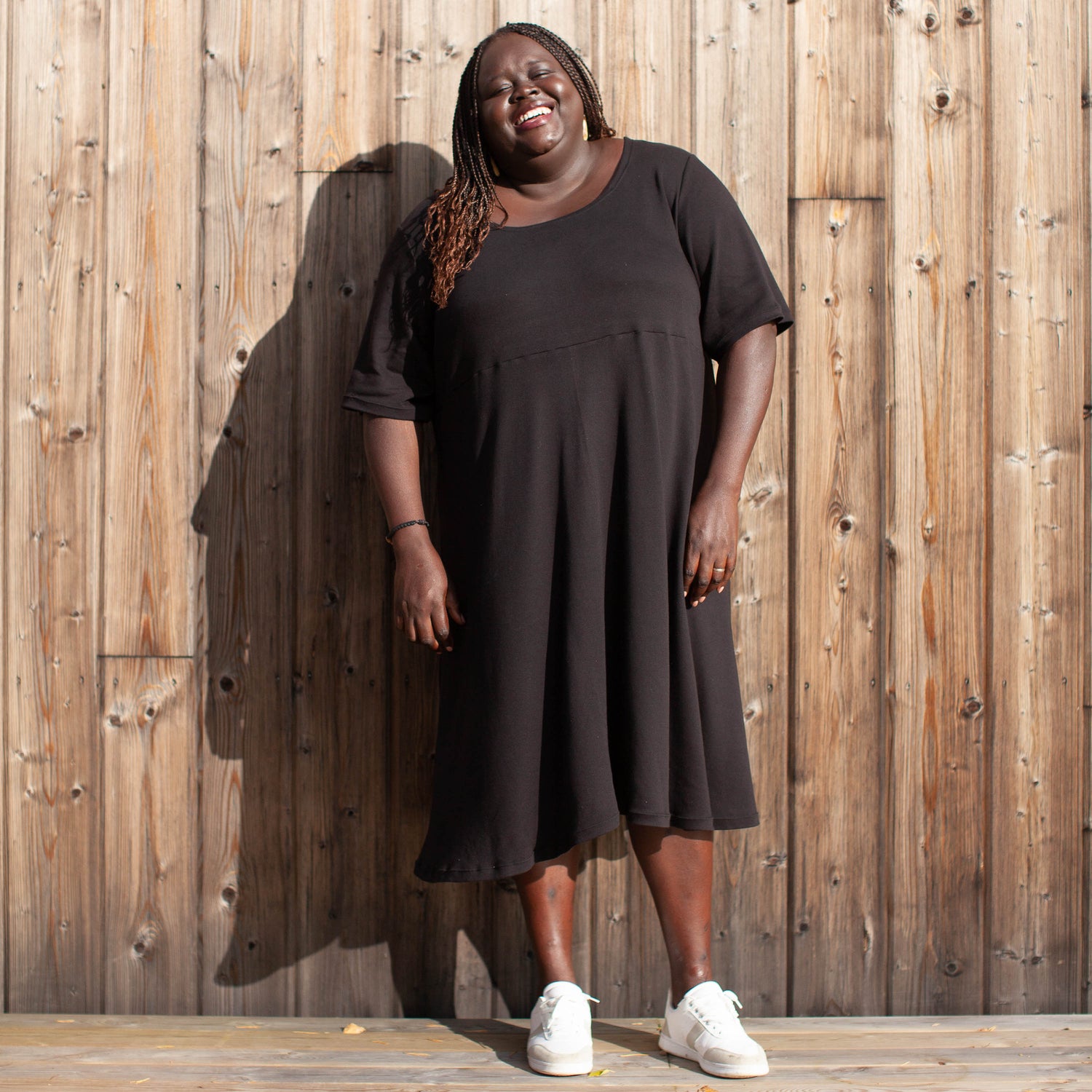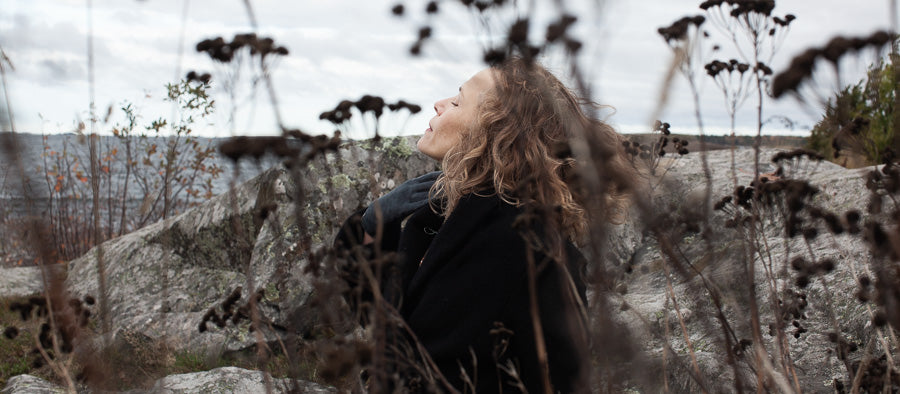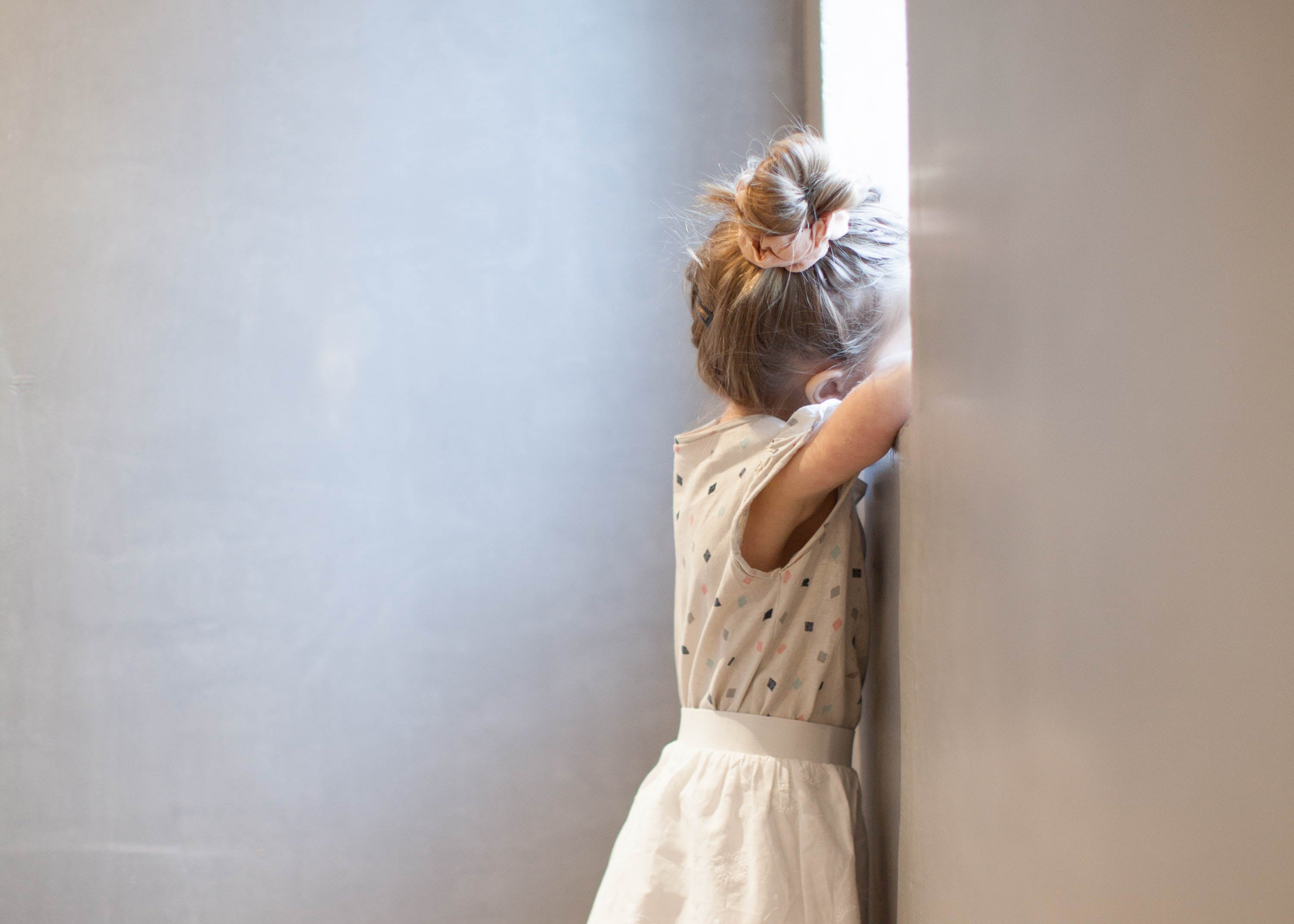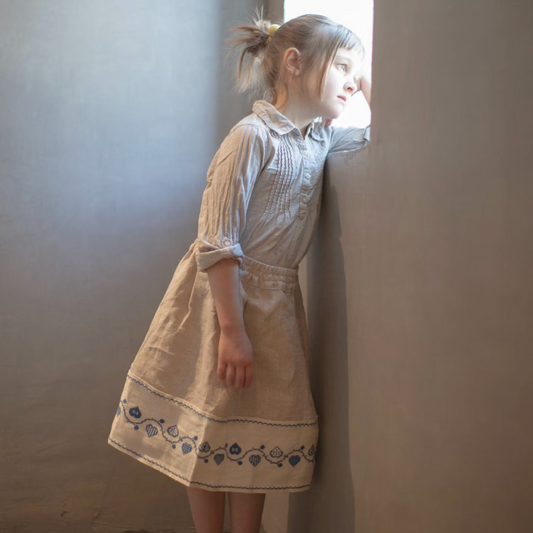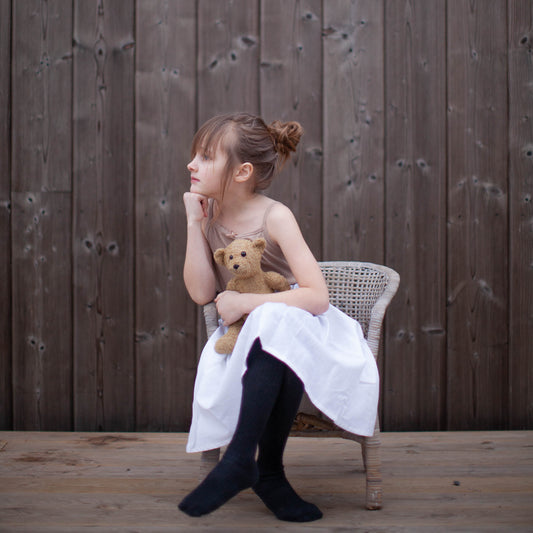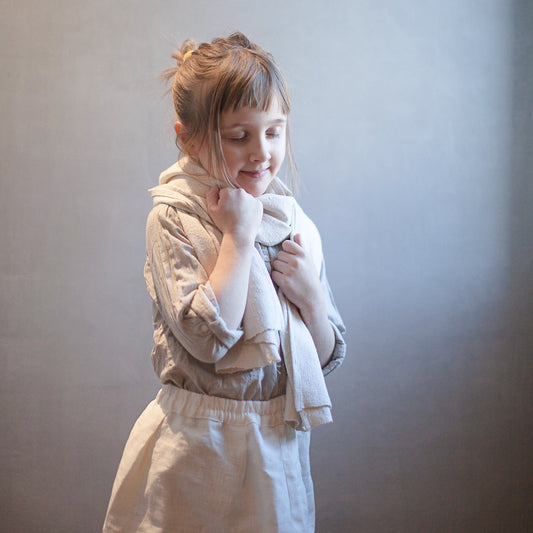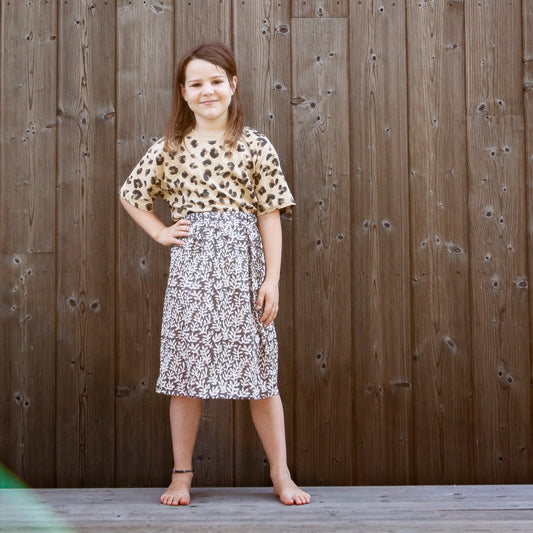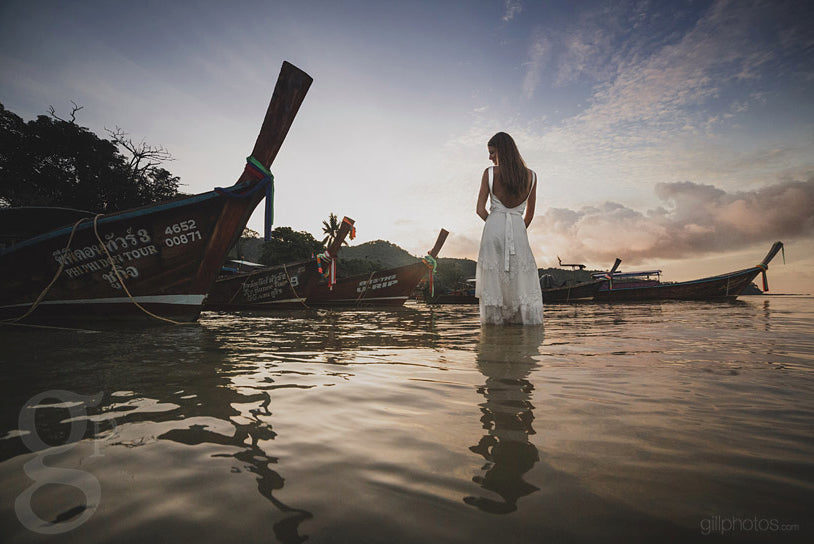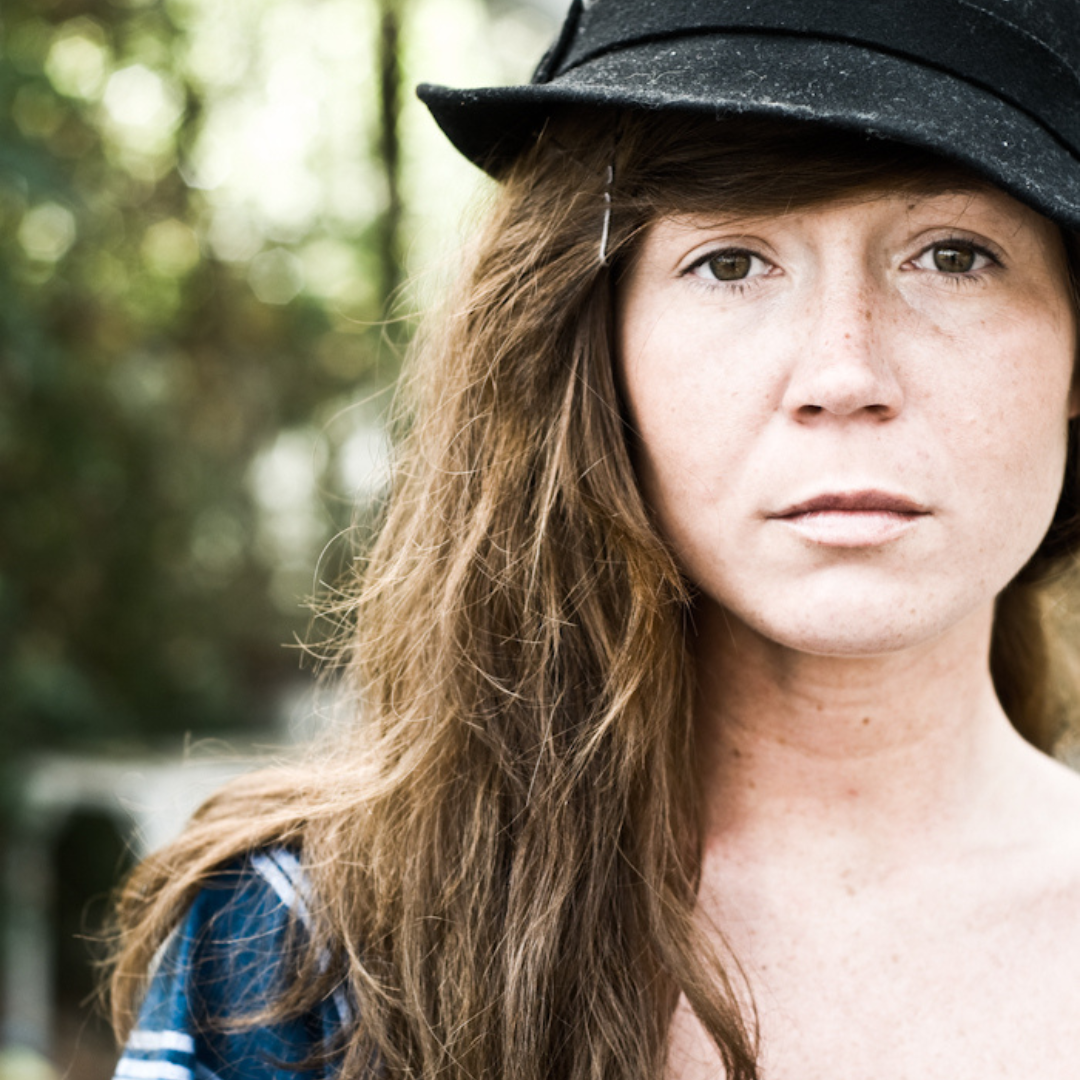Create your new circular dream garment
Use your old textiles to create your new favourite garment
Find your unique favourite
-
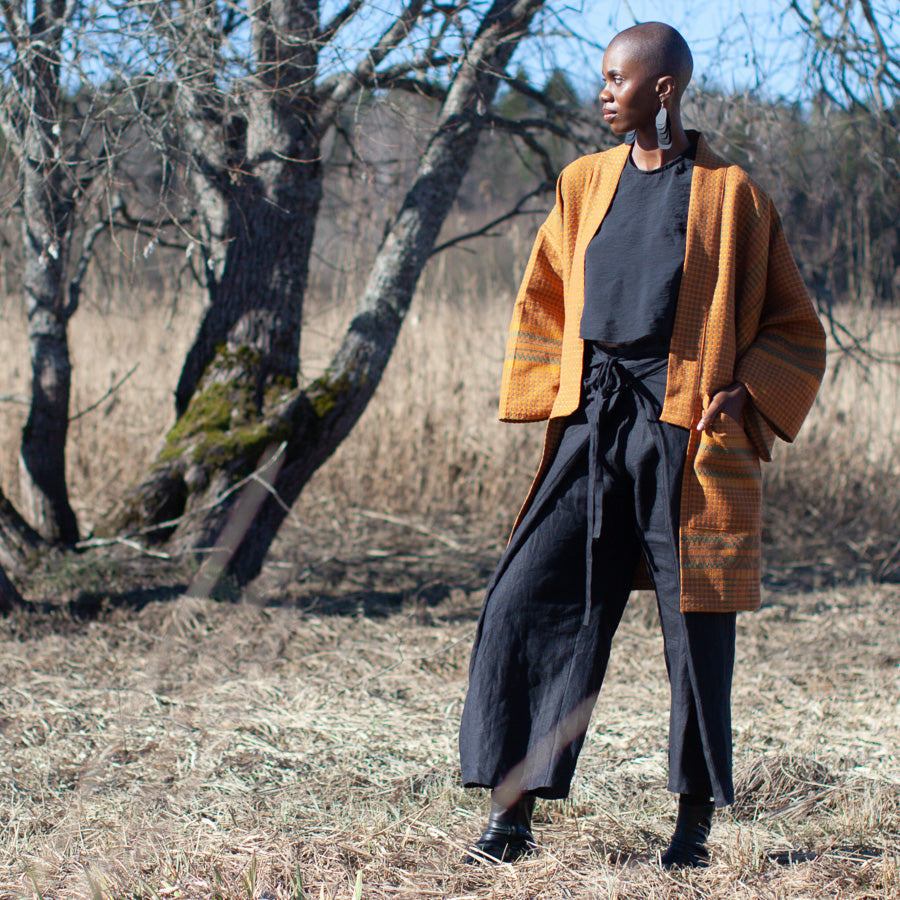
kimonos and outerwear
Our kimono is a zero waste interpretation of the traditional Japanese yukata....
-
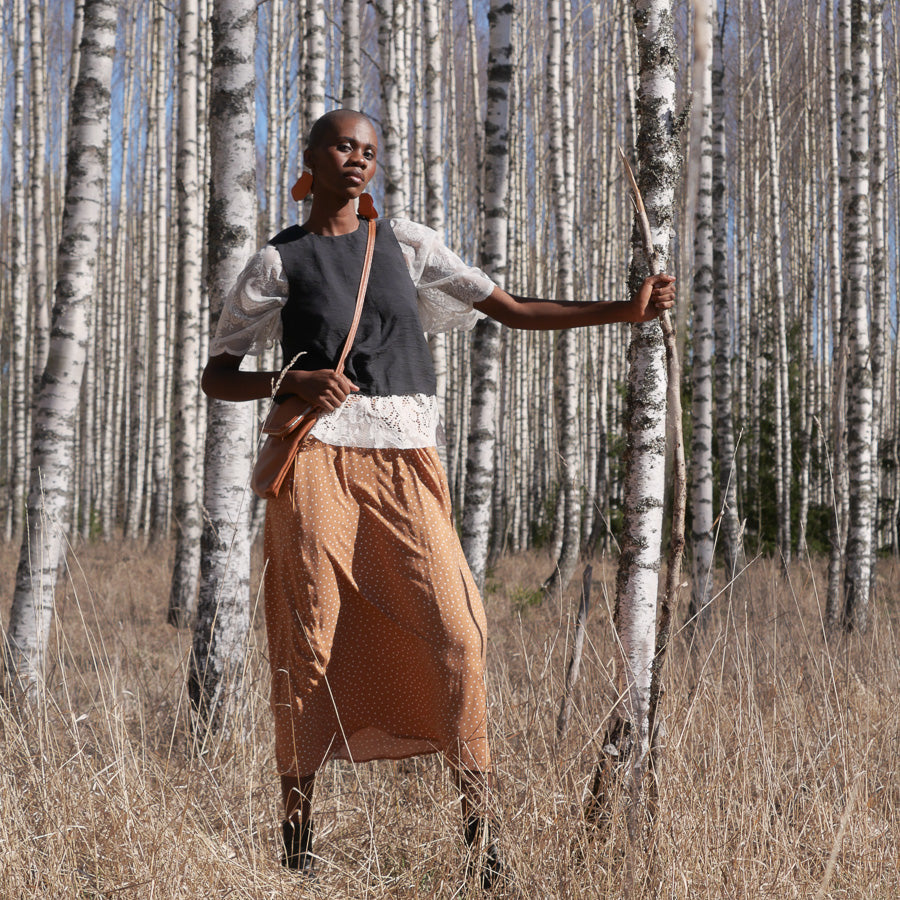
tops and blouse
RAORI produces tops, blouses and other outerwear that are suitable for both...
-
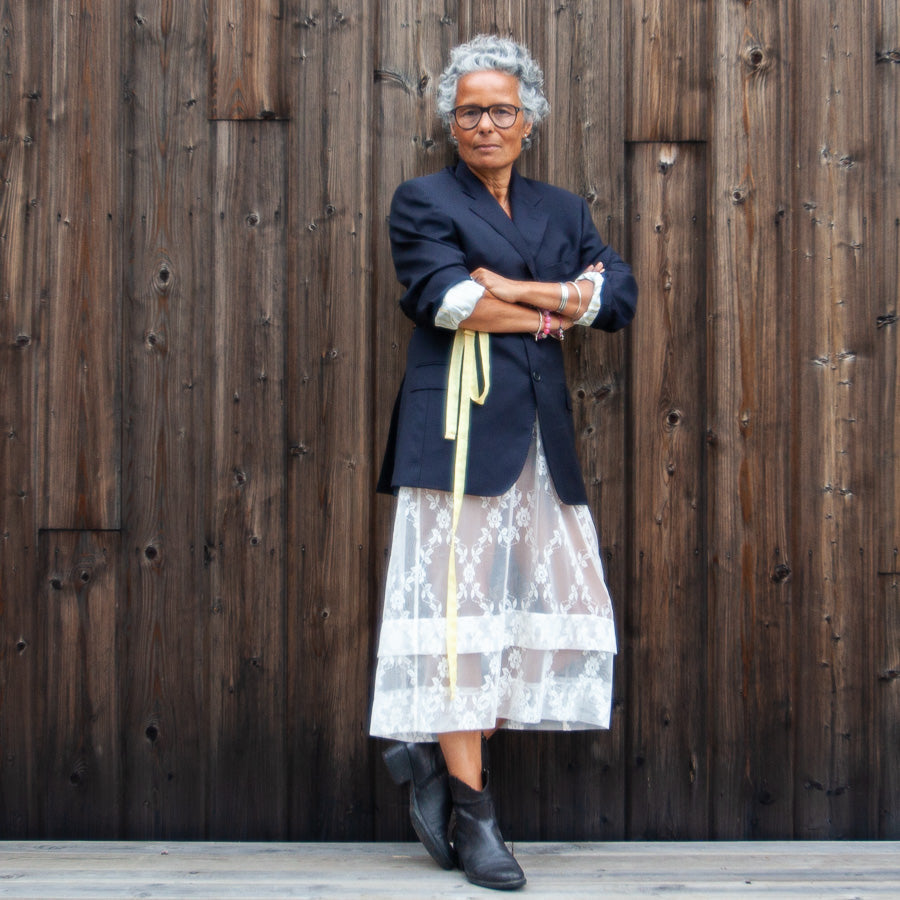
skirts and dresses
Our skirts are designed with a zero waste mindset and combine timeless...
Wear your memories
High Quailty Fashion made from textile waste:
RAORI creates unique garments from recycled textile memories and fabric waste, based on your body. Invest in a circular fashion future with meaning. Feminine, comfortable and practical garments, made in Sweden.
-
Yuki kimono in tablecloth
Regular price 1 750 SEKRegular priceUnit price per -
Transparent lace curtain dress
Regular price 1 150 SEKRegular priceUnit price per -
Top in vintage fabric
Regular price 750 SEKRegular priceUnit price per -
White skirt in soft cotton
Regular price 1 150 SEKRegular priceUnit price per1 150 SEKSale price 1 150 SEK
Create unique garments - tailored to your measurements
Grandma's embroidered tablecloth, childhood bedspreads - beloved textiles become a new garment, created to your measurements. Our minimalist garments with inspiration from Japan are comfortable, timeless and personal.
-
"My incredibly beautiful wedding dress could not have been better. It was fantastic to be involved in the whole process and it turned out exactly as I hoped".
Emelie , Sweden
-
"Three dresses with a perfect fit according to my measurements! So nicely sewn and now I switch between all three. Good prices, fast delivery and such nice treatment - recommended!"
Irene , Sweden
-
"Hanna is professional, caring and did everything to help me with my wedding dress. It feels like it was made by a friend and that's very special."
Petra , New Zealand
Fler hållbara produkter
-

CHILDREN'S CLOTHING
We love Zero-Waste. Our children's clothes are made from recycled or sustainable...
-

ACCESSORIES
We believe Zero-Waste is important. Our accessories are made from recycled or...
-

REmake by RAORI
REmake by RAORI products are made from old memories: your grandmother's embroidered...
-
Linen skirt with embroidery, 4-7 years
Regular price 550 SEKRegular priceUnit price per -
Skirt in recycled fabric, 4-7 years
Regular price 550 SEKRegular priceUnit price per -
Scarf in raw silk
Regular price 150 SEKRegular priceUnit price per150 SEKSale price 150 SEK -
Children's skirt in cotton, 7-10 years
Regular price 550 SEKRegular priceUnit price per
Create the dress of your dreams with us
Welcome to our studio to create the dress or outfit of your dreams, made sustainable.








